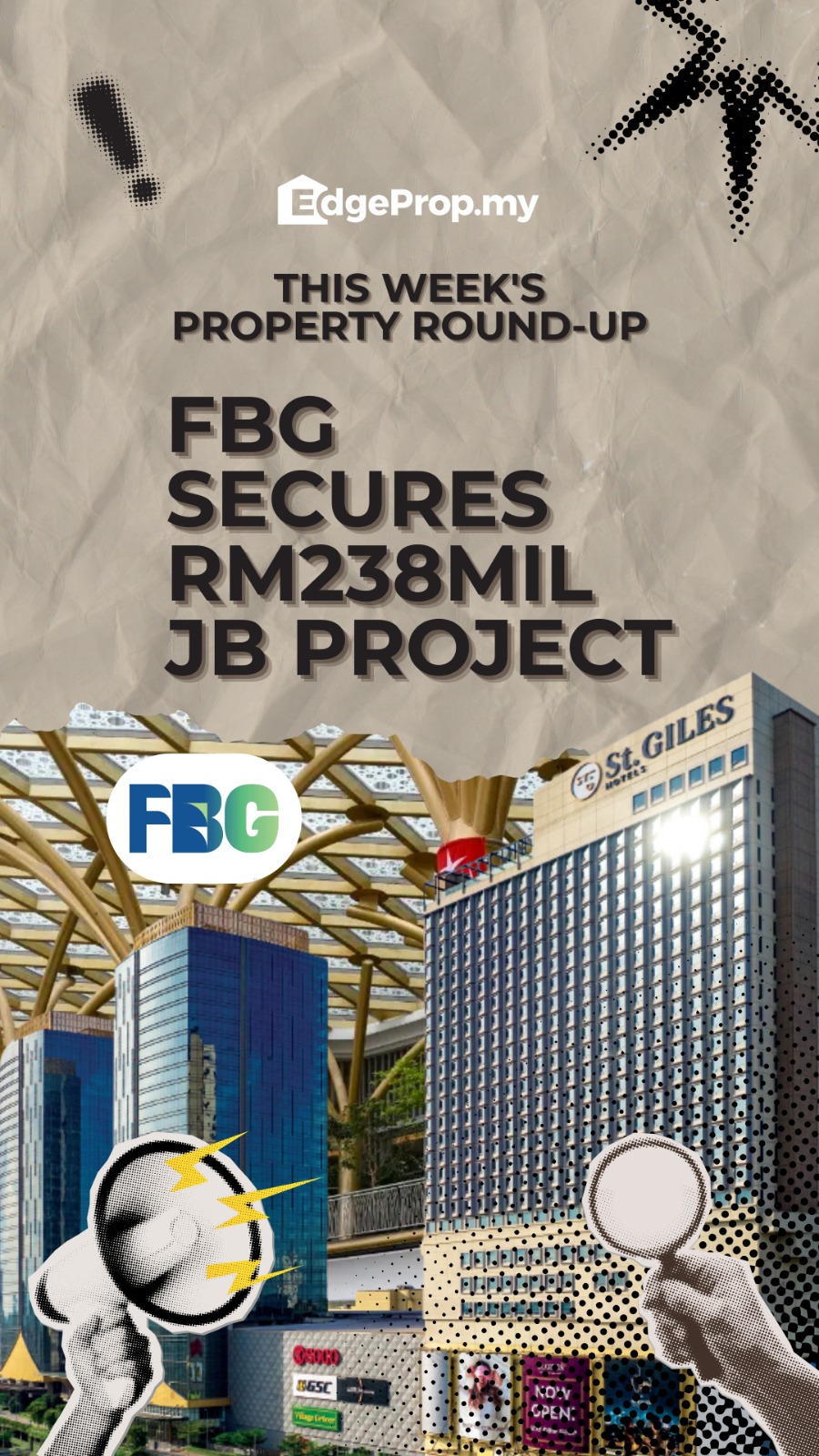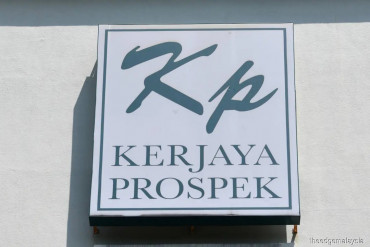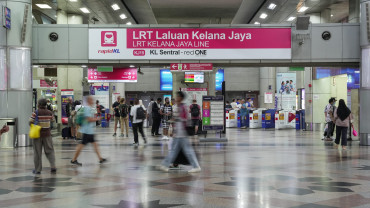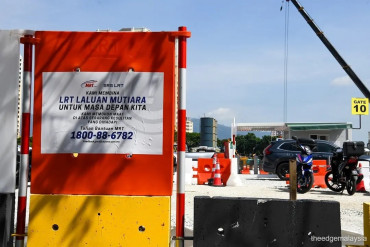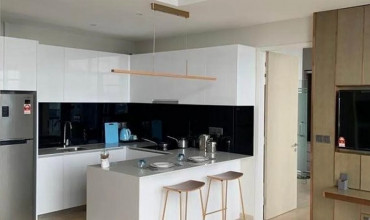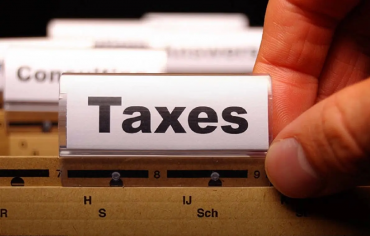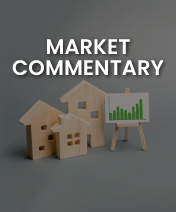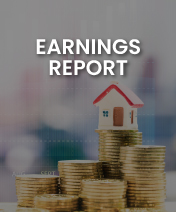ADVERTISEMENT
All Property News
Stay updated with the latest real estate and finance news, including property market trends, housing insights, and valuable information.

LRT3 set to operate from June 2026, Loke tells Dewan Negara
18 hours ago

Technical issues disrupt LRT Kelana Jaya Line's operation
22 hours ago

Public inspection for LRT Mutiara Line extension linking Penang Island and Seberang Perai
23 hours ago

YTL Live partners Aviva for UK indoor arena project
23 hours ago

Wawasan Dengkil’s 2QFY2026 net profit falls to RM700,000; no update on January MoU
Feb 21, 2026

Yong Tai to issue RM1.5 mil RCPS under ongoing fund-raising exercise
Feb 21, 2026
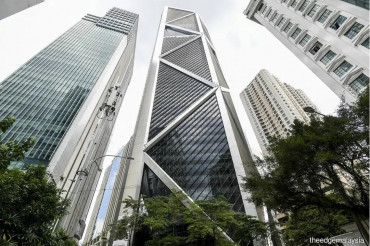
Legally Speaking
Govt seeks to forfeit funds in Ilham Tower, individual accounts linked to Daim case
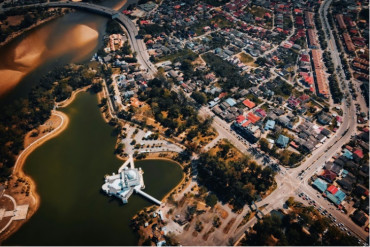
Guide to Homebuying
Find the best location for your home
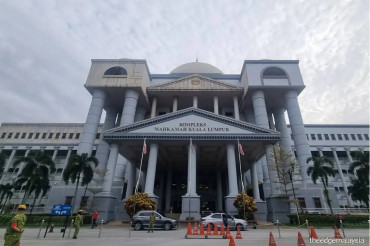
Legally Speaking
KL High Court rules developer’s ‘contra arrangements’ with landowner invalid in K Residence condo case; Duta Yap’s son held personally liable
Trending narratives
Malaysia's Most
Loved Property App
The only property app you need. More than 200,000 sale/rent listings and daily property news.


highlevelphotography.jpg?fRaKajZFv3o5kwZltjwnTc1AFukerrPI&itok=M0IBigcP)














